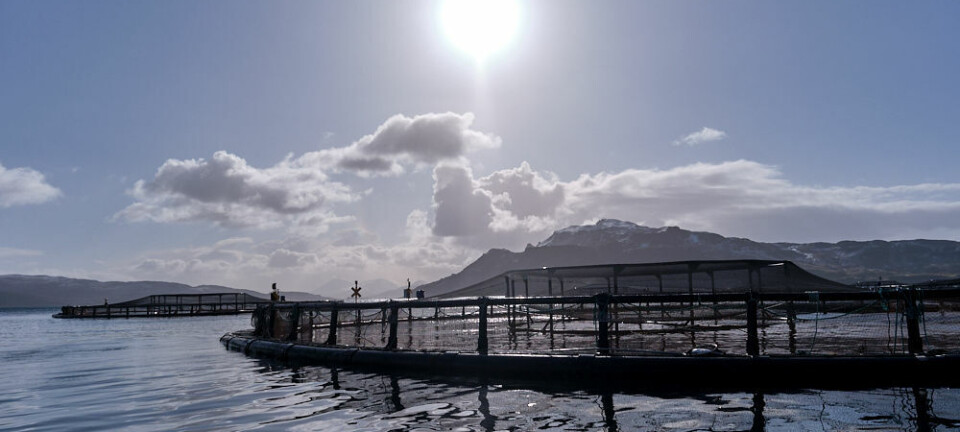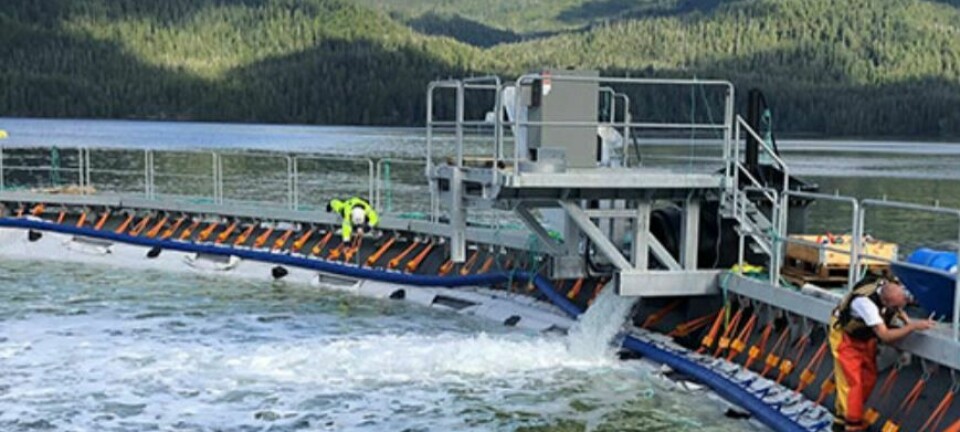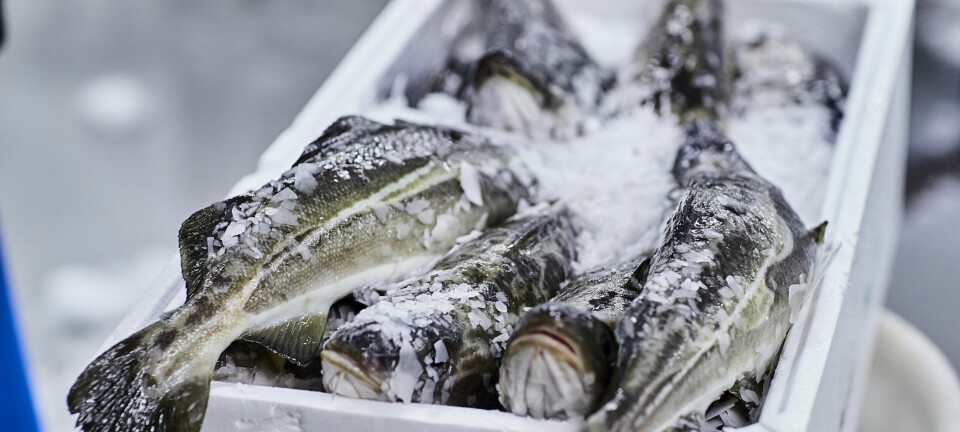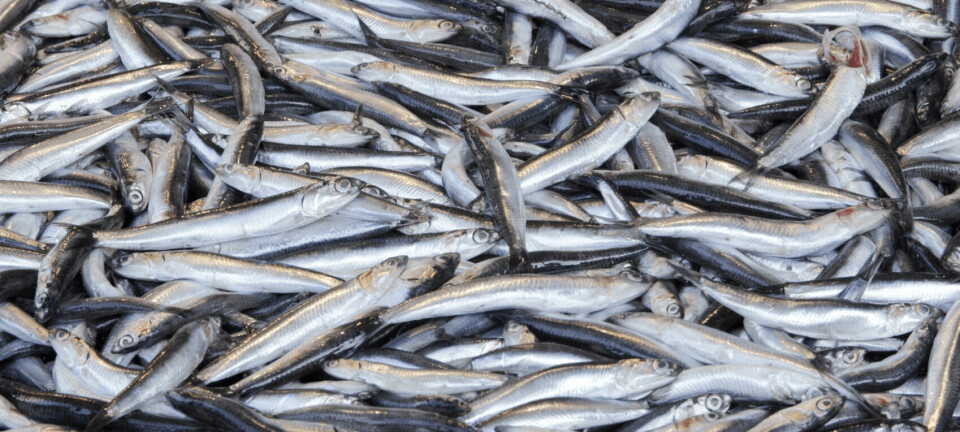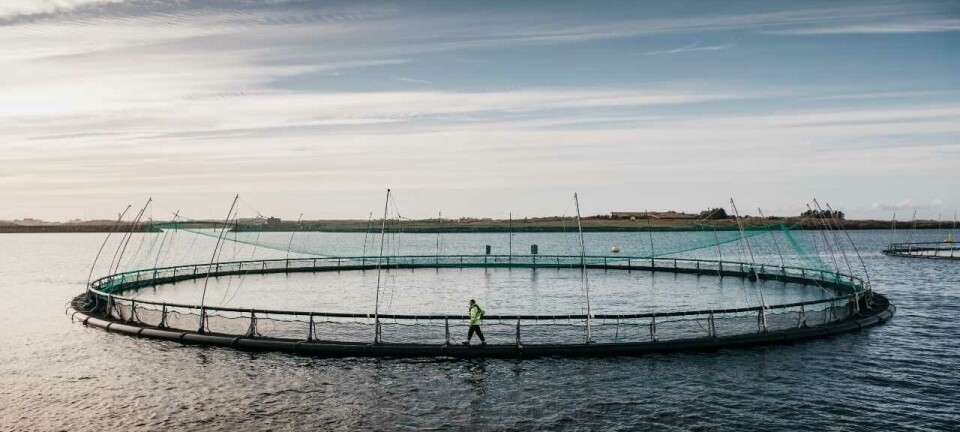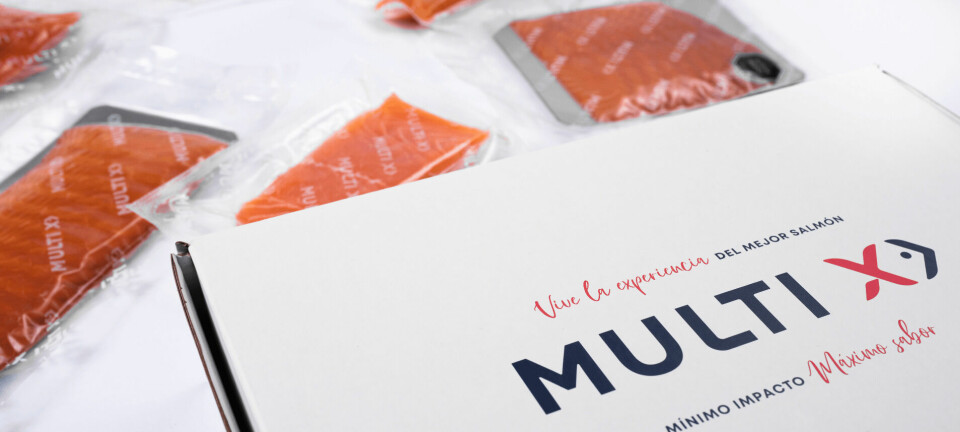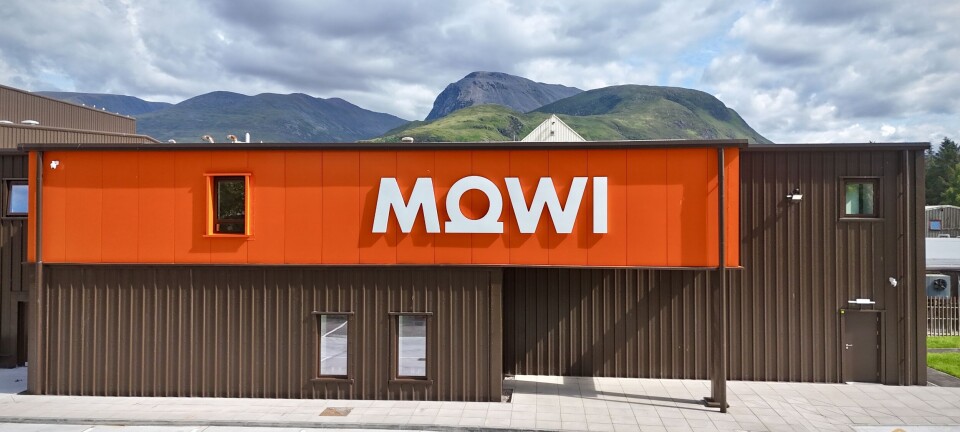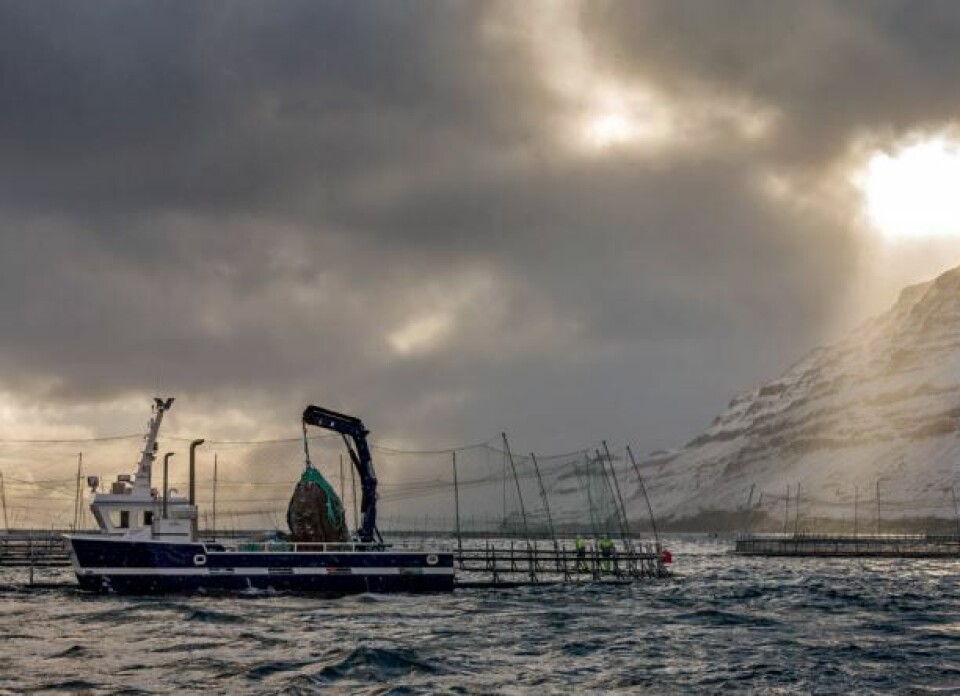
Bakkafrost chief: ‘Million fish harvest a precaution’
Regin Jacobsen, chief executive of salmon producer Bakkafrost, has spoken to fishfarmingexpert.com about the events that have led it to harvest one million fish early as a precautionary measure against the ISA virus.
The Faroe Islands company last night announced it was taking the action at its A-73 Hvannasund Norður site, where the presence of pathogenic infectious salmon anaemia virus was suspected.
This morning Jacobsen said: "Unfortunately this is a part of salmon farming.
"In July last year at this farm we had a suspicion of ISA virus in one of the cages and so it was put under an increased surveillance programme. But it was very hard to verify the presence of the virus - it was never confirmed and remained just a suspicion. During the period from July until January no virus was found.

"Then on 7 January this year we again found some traces of ISA virus - though still no signs of disease at the farm, no increased mortality and the fish still behaved well in all circumstances. But when we find these kind of traces it is just like an early warning and therefore we decided to harvest two cages where we saw some indications.
"That meant there were 12 cages left at the site and these were put under increased surveillance, which has continued since the end of January. Now we have decided to harvest all the remaining fish as a precautionary action in order to reduce the risk, because we have seen some traces from time to time - although still without any clinical signs of ISA, and without any increased mortality and with the fish still behaving well.
2000 tons lost
"The fish that are being harvested are fine quality salmon - there is no harm to consumers whatsoever. They will be sold as a regular product, but they will be smaller than we would have hoped, therefore we will lose some volume when we talk about the full year. We will lose 2,000 tons of volume, so of course we are not happy about that.
"But it is just like when you have a fire in a building - in this case we can maybe save about 80 per cent of the building, but still of course were sorry that we will lose 20 per cent of the building."
Asked about the long-term future of the A-73 Hvannasund Norður site, Jacobsen told fishfarmingexpert.com: "At the site at this moment, the situation is that there is no confirmation [of ISA virus], so if there is no confirmation when everything is analysed, then there won't be any further change. The site will be fallow for a minimum of two months, with no fish, disinfected and then the situation will be reviewed. That is normal procedure for all farms in the Faroe Islands."
















